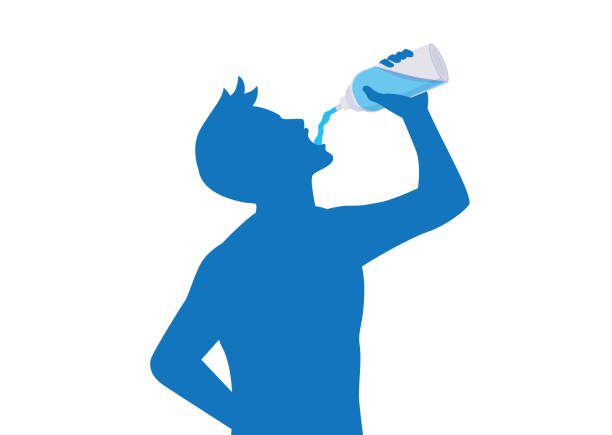With the busy world we are now living in, mental health is perceived as an important subject in everyone’s life. Mental health may generally refer to one’s behavioral and emotional well-being. It can be related to the activities connected with brain, what we think, what we feel and how we react to various situations we get to deal with throughout the day, every day. Mental health is majorly discussed with reference to some dis-balance in the activity of the brain that one is believed to be enduring. By and large, conditions of stress, depression, increased aggressiveness and anxiety are said to affect one’s mental state and may disturb their routine. Though the most appropriate way to deal with such circumstances is connecting with a relevant psychiatrist, there are certain lifestyle habits that one can implement in their daily routines to help them deal with their condition more enduringly.
Practice gratitude
Make it a rule to give at least 3 minutes of your day to thinking about all the good things in your life that you’re thankful for. When you count your blessings, you tend to realize that there’s greater good in the world than bad and there is so much you could look up to.

Exercise
Exercise is as good for your mind as it is perceived for the body. Inculcating it in your life as a daily activity could set you fresh for the day ahead or if done mid-way in the day, can refresh you and limit stress. It activates endorphins and serotonin which improve your mood and also helps you release stress.

Limit caffeine
If you suffer from anxiety, there’s a possibility that the much-needed cup of morning coffee is making it worse. Caffeine has a negative effect on mental health and therefore, should have a restrained intake.

Limit alcohol
A depressant, intake of alcohol may feel good in the moment, but can be extremely harmful in the long run. To maintain a stabilized mental health, intake of alcohol should be limited.

Reduce intake of processed foods and sugar
Processed foods contain high level of preservatives and processed sugar, which are extremely harmful for the body as well as the mental health of a being. Sugar on the other hand can cause havoc on the brain and can make the symptoms of depression and anxiety worse. Therefore, it is better to reduce the intake of processed food and cut on sugar intake.

Maintain a sleep schedule
Poor sleep schedule is linked with depression and anxiety and leads to impaired decision making. Deep sleep is considered crucial for maintaining a healthy mind. Sleep hygiene is equally important and necessary. Bedroom should be used only for sleeping, electronic devices should be avoided before heading to bed and the atmosphere of the room should be cool, calm and dimly lit.

Meditation
Meditation is claimed to help alleviate the symptoms of mental health issues. It helps a person to function in the present moment and stay grounded to reality, without letting worries cause stress and anxiety, one should take out 15 minutes every day to practice either meditation or deep breathing exercises.

Journal
Maintaining a journal or a dairy helps in staying self-aware, to learn about yourself more and to stay in control with your emotions in check. Writing down about your feelings is a healthy way to perceive your emotions and helps keep a track of your moods.

Take a break from social media
Excess use of social media gives rise to the symptoms of anxiety. It brings forth the sense of comparison and jealousy. A filtered world takes over the real world and gives rise to the feeling of dis-satisfaction. One should go a social detox, not using internet for a day. One should also avoid using mobile phones one hour after waking up and before going to bed.

Stay hydrated
75% of our brain comprises of water. Stabilize your intake of water and stay hydrated. It helps to keep up a healthy and refreshing mood which further helps in reducing stress and anxiety. To remain hydrated, start your day with a glass of water. Always carry a bottle of water with you. Drink a glass of water before every meal.

Taking care of your mental health is as important as taking care of your body. If you do not give time to your mental health, your body may also start developing uncalled for issues. Take some time out for yourself and love your mind as much as you love your body.

